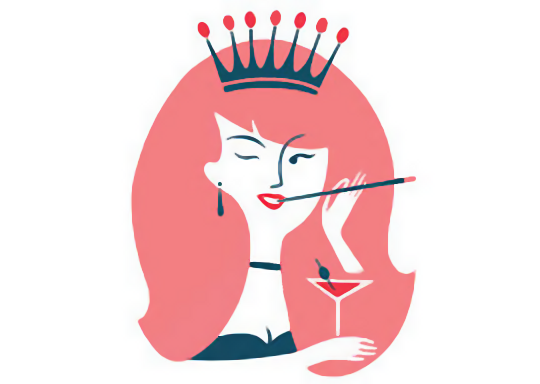
March 28, 2017

missing asset:https://www.takimag.com/images/uploads/Crop_(2)_of_Camille_Paglia_no_Fronteiras_do_Pensamento_São_Paulo_2015.jpg
Source: Wikimedia Commons
Anti-porn lecture-circuit tag team Catharine MacKinnon and Andrea Dworkin deservedly come in for the most verbal abuse. Of the walrus-like, clearly psychotic Dworkin, Paglia wrote in Playboy (har) in 1992:
She pretends to be a daring truth-teller but never mentions her most obvious problem: food….
Dworkin, wallowing in misery, is a “type” that I recognize after twenty-two years of teaching. I call her The Girl with the Eternal Cold…the pudgy, clumsy, whiny child at summer camp who was always spilling her milk….
In one of many litanies devoted to her (now forgotten) feminist foes, Paglia blasts the “diarrhea prose” of one unfortunate, and calls another “Mrs. Fifties Tea Table.” (I spat laughing.) Rather than serving to settle old scores, in the great tradition of all aging polemicists, Free Women, Free Men seems calibrated to shaking them awake.
And why not? Contra Sayre’s law, the stakes of these particular academic feuds were, in fact, the highest imaginable: The minds of college students”future parents, citizens, bosses, leaders”were being poisoned. Paglia clearly saw her role as that of stomach pump, and still does.
But the same clarion quality that means every fresh Paglia piece is Drudge-worthy news to this day makes reading a compendium like Free Women enervating rather than energizing. As the dates at the bottom of these pages remind us, her earliest acidic denunciations of political correctness, campus speech codes, and “rape culture” are almost thirty years old. Any real-world impact they had was clearly fleeting.
Even the book’s title will strike many young (and not so young) people as a head-scratching anachronism. Paglia valorizes the 1960s, the epochal era of her coming-of-age”for an old punk like me, it’s one of her few faults, but at least explicable, unlike her adoration of that abominable American pastime called football, and her perplexing insistence on voting Democrat. Worst of all, for a self-described “free speech absolutist,” Paglia is shamefully silent on the deadly matter of belligerent Islam.
But being born in 1964 means I too was soaked to wrinkling in the hippie music Paglia still adores. And one of its most notable characteristics was that the word “freedom” was then a lyrical convention almost on par with “love” and “baby.” Whereas most millennials, with their bike helmets and parental chauffeurs, probably find “Signs“ as mystifying as the “Missa Luba.” The “freedom” to smoke weed, get abortions, and use each other’s bathrooms encompasses their puny libertarian yearnings.
This allergy to freedom isn”t restricted to the young, of course. In many locales in what used to be “America,” a book titled Free Women, Free Men…well, one imagines handing out The Compleat Angler to Bedouins.
And yet…
In one of these essays, Paglia urges her stuck-up colleagues to stop slagging Freud: “Reading him, you feel new tracks being cut in your brain.”
Reading this book, and almost anything Paglia writes, can have the same effect, something that can be said of few living English writers. While far from perfect, Free Women, Free Men serves as a superb introduction to Paglia’s vision for the uninitiated, and a sobering, timely reminder to us old culture warriors that all apparent victories are only tomorrow’s battles, in drag.